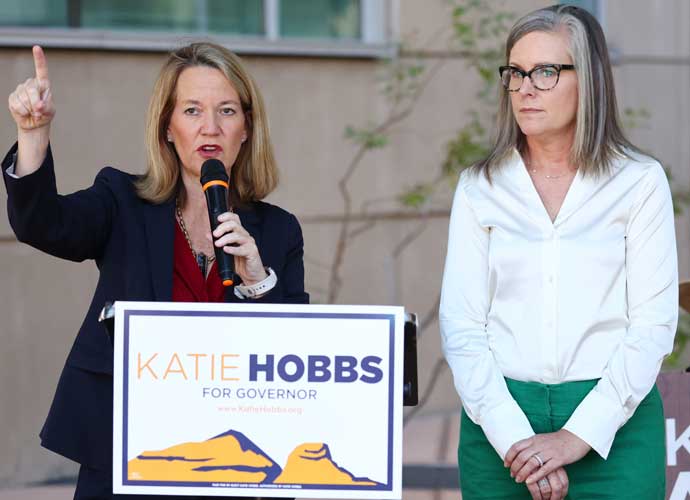Supreme Court Refuses Brendan Dassey Case, Subject Of Netflix’s ‘Making Of A Murderer’
On Monday, the Supreme Court announced it will not be making the final decision on the Teresa Halbach case that was chronicled in Netflix’s Making of a Murderer series.
The Supreme Court didn’t provide reasoning for declining the case, as always.
50 Celebrities Who Have Died In 2018 – Tribute Slideshow
Brendan Dassey was 16-years-old when he confessed to Wisconsin authorities that he assisted his uncle in raping and killing Teresa Halbach, a photographer. They also burned her body in a bonfire.
Nonetheless, his attorneys say he’s “borderline intellectually disabled” and was coaxed into confessing by authorities. They wanted his confession to be suppressed and to be put on trial again.
Wisconsin officials advised the Supreme Court not to take the case, for if it did, it would assume Dassey’s confession was manipulated by police. Prosecutors added that authorities were granted permission to speak to Dassey at the time by his mother and that they only deployed standard tactics of interrogation including encouraging honesty and using sympathetic tones of voice.
Wisconsin Attorney General Brad Schimel was pleased to hear the Supreme Court’s decision to decline the case.
“We hope the family and friends of Ms. Halbach can find comfort in knowing this ordeal has finally come to a close.”
After the announcement, Dassey’s lawyer Laura Nirider said in a statement, “We will continue to fight to free Brendan Dassey.”
According to Bloomberg, the best his attorneys can do is convince a judge there is new evidence, warranting a new trial.
Dassey’s confession was originally deemed voluntary by the Wisconsin courts. Later, a federal magistrate judge and a three-judge appeals court panel disagreed with that decision and felt he should be either retried or released from prison. In 2017, the full appeals court ruled 4-3 that the state courts’ determination that Dassey’s confession was voluntary was enough, which didn’t warrant retrial or release. The Supreme Court’s decision to deny the case upholds the final decision made by the full appeals court.
Dassey, 28, will be eligible for parole in 2048.
RELATED ARTICLES
Get the most-revealing celebrity conversations with the uInterview podcast!









Leave a comment